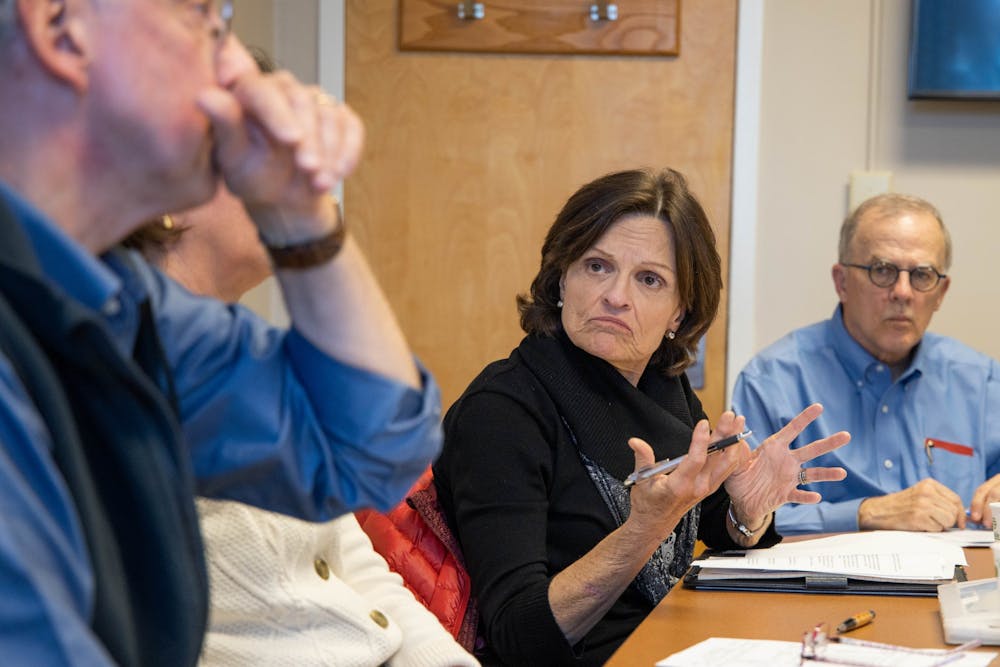Members of the Faculty Committee on University Government met Wednesday afternoon to discuss amends to the faculty code, as well as the ways that faculty governance could be improved in the future.
Vin Steponaitis, secretary of the faculty, discussed how the chairperson of the faculty, secretary of the faculty and faculty governance are structured.
“I personally don’t think our current structure is in any way broken, but there are always ways one could potentially make it better, so we should go into it with an open mind,” Steponaitis said.
Steponaitis shared copies of the Standards of Shared Governance on the 16 UNC Campuses, adopted in 2005, which explains how shared governance should be ideally structured across the University system.
“There’s some really good news here,” Steponaitis said. “It’s all stuff that we do. I didn’t know this document existed. It was nice to see that most the things that the (UNC System) Faculty Assembly thought were important to do in shared governance is stuff that we actually do.”
Steponaitis said that at many of UNC’s campuses, these principles are not followed. For example, he said that at some institutions, the chancellor does not attend faculty senate meetings or faculty committees are not elected.
“For a number of campuses, this is kind of an aspirational document,” Steponaitis said. “I have been saying for years that it has been my understanding that faculty governance at UNC-Chapel Hill is really strong compared to the way that it is at most other universities.”
Steponaitis said he also believes UNC does a good job of giving the faculty a voice in the current system of governance.
One deviation from the system standards is that UNC-Chapel Hill denotes its faculty senate as a faculty council.



